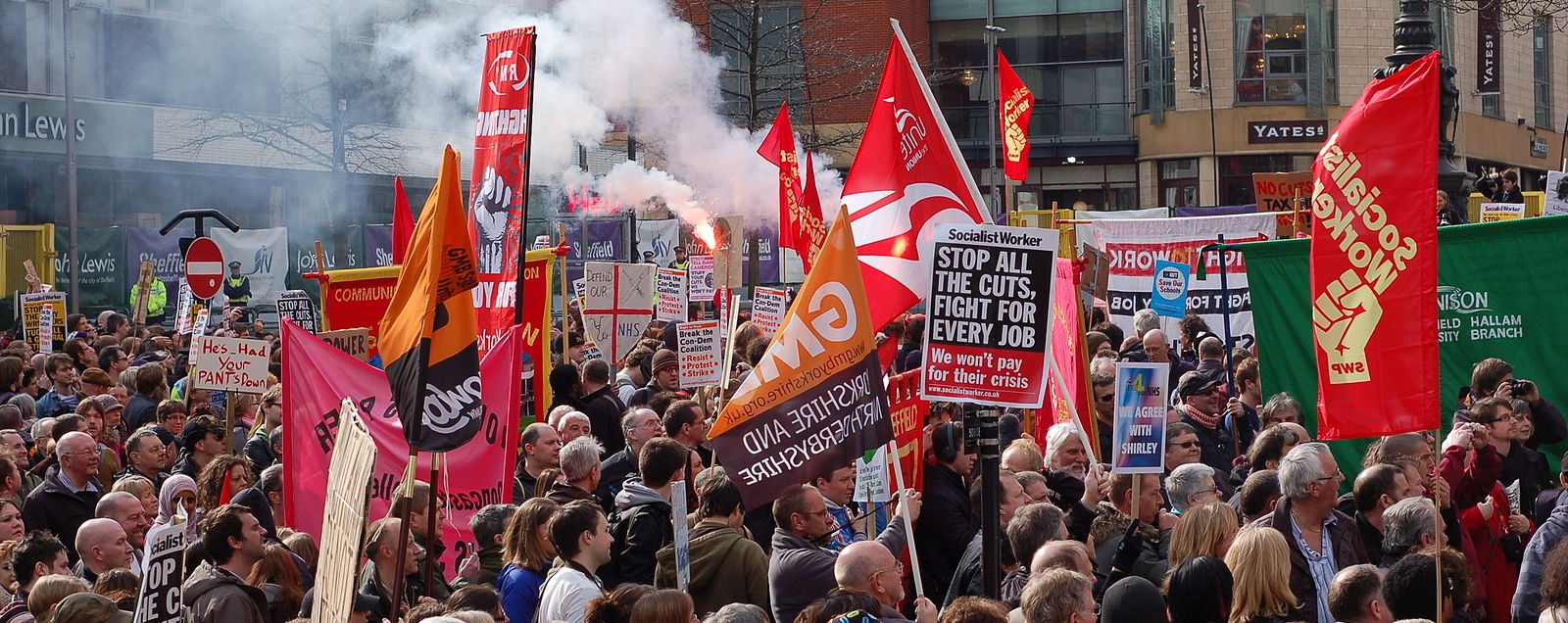Labour urged to delay minimum wage reforms over growing NEET crisis
Labour is being urged to break a manifesto promise to scrap minimum wage youth rates, amid fears over record levels of young people not in education, employment, or training (NEETs).
According to a report by the Resolution Foundation, there are nearly one million NEETs in the UK, with the number rising by 195,000 between 2022-23 and 2024-25.
Last year, the minimum wage rose by 18% for 16-17 year olds and by 16.3% for those aged 18 to 20. However, adults over 21 saw only a 6.7% rise – an intentional policy by Labour, which plans to continue bumper wage increases for young people.
Labour […] described unequal minimum wages as ‘discriminatory’
The report claims that Chancellor of the Exchequer Rachel Reeves’ increase in national insurance, along with bumper minimum wage increases, “has worsened young people’s labour market opportunities”.
It further states that “any increases in the rates would need to be especially cautiously considered in the current economic environment to prevent young people from being priced out of entry into the labour market”.
Payrolled employment has fallen by 0.3% in the UK as a whole, but by 1.1% in retail and 3% in hospitality in the 12 months between spring 2023 and 2025. Both sectors hire more young people than average.
Labour aims to meet last year’s manifesto pledge to ensure that all adults are entitled to the same legal pay floor, with the party describing unequal minimum wages as “discriminatory”.
We won’t leave a generation of young people to languish without prospects
Rachel Reeves, Chancellor of the Exchequer
The number of NEETs who have never had a paid job has increased from 42% in 2005 to 60% in 2025.
28% of NEETs are inactive due to sickness or disability, a figure which has doubled since 2005. The most substantial rise in economic inactivity due to ill health has been among 18-to 24-year-olds, increasing from 12% to 30% between 2005 and 2025.
The report claims that ‘lower-qualified young people’ struggle the most, with graduates aged 22-24 having a low, stable NEET rate of 10% despite current concerns about the graduate market.
Meanwhile, those aged 22-24 whose highest qualifications are GCSEs or below have a rate of 30%.
In her Labour conference speech, Reeves said: “We won’t leave a generation of young people to languish without prospects.”
As part of this, she is introducing a “youth guarantee” to ensure young people can find work. Young people who have not been “earning and learning” would be provided with a guaranteed paid work placement after 18 months on Universal Credit.
A government spokesperson told The Guardian: “By strengthening the national living and minimum wage for 3 million workers across all age bands, we aim to support business growth through reduced staff turnover and by helping to achieve higher productivity.”

Comments